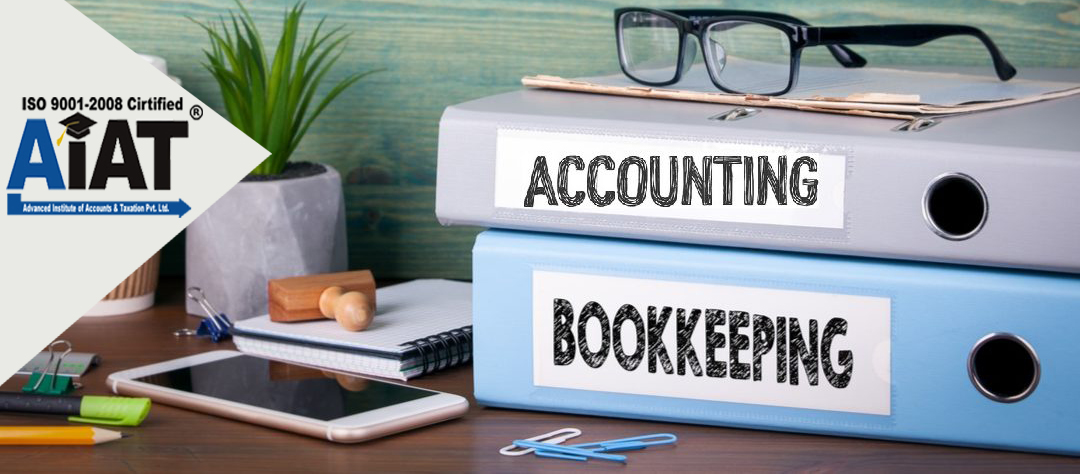GSTR nine is associate annual
come to be filed yearly by taxpayers registered under GST. Points to note:
It consists of details relating
to the outward and inward supplies made/received throughout the relevant
previous year under completely different tax heads i.e. CGST, SGST & IGST
and HSN codes.
It is a consolidation of all the
monthly/quarterly returns (GSTR-1, GSTR-2A, GSTR-3B) filed therein year. tho'
advanced, this return helps in in depth reconciliation of knowledge for 100%
clear disclosures.
Who should file GSTR-9, the
annual return?
All taxpayers/taxable persons
registered under GST should file their GSTR nine. However, the subsequent don't
seem to be needed to file GSTR 9:
Taxpayers opting composition
scheme (They should file GSTR-9A)
1. Casual assessable Person
2. Input service distributors
3. Non-resident assessable
persons
4. Persons paying TDS under
section 51 of CGST Act.
GSTR-9 filing for businesses with
turnover up to Rs 2 large integer created optional for FY 17-18 and FY 18-19.
Due Date, late fee and penalty
The day of the month to file
GSTR-9 is additional extended to Gregorian calendar month thirty, 2019.
The late fees for not filing the
GSTR nine at intervals the day of the month is Rs a hundred per day, per act.
which means late fees of Rs a hundred underneath CGST and Rs a hundred under
SGST are applicable just in case of delay.
Thus, the full liability is Rs
two hundred per day of default. this is often subject to a most of zero.25% of
the taxpayer’s turnover within the relevant state or union territory. However,
there's no late fee on IGST however.
What ar the small print needed to
be filled within the GSTR-9?
GSTR-9 is split into half dozen
parts and 19 sections. every half asks for details that ar simply available
from your previously filed returns and books of accounts.
1. Broadly, this kind asks for
disclosure of annual sales, bifurcating it between the cases that ar subject to
tax and not subject to tax.
2. On the acquisition aspect, the
annual price of inward provides and ITC availed on that is to be revealed.
3. Furthermore, these purchases
got to be classified as inputs, input services, and capital merchandise.
Details of ITC that must be reversed thanks to qualification is to be entered.
FOR MORE DETAILS...
AIAT Pvt. Ltd
Add:- 15 Bhande Plot, Umred Road Nagpur.
Email:- info@aiatindia.com
Cont:- 9604121000


